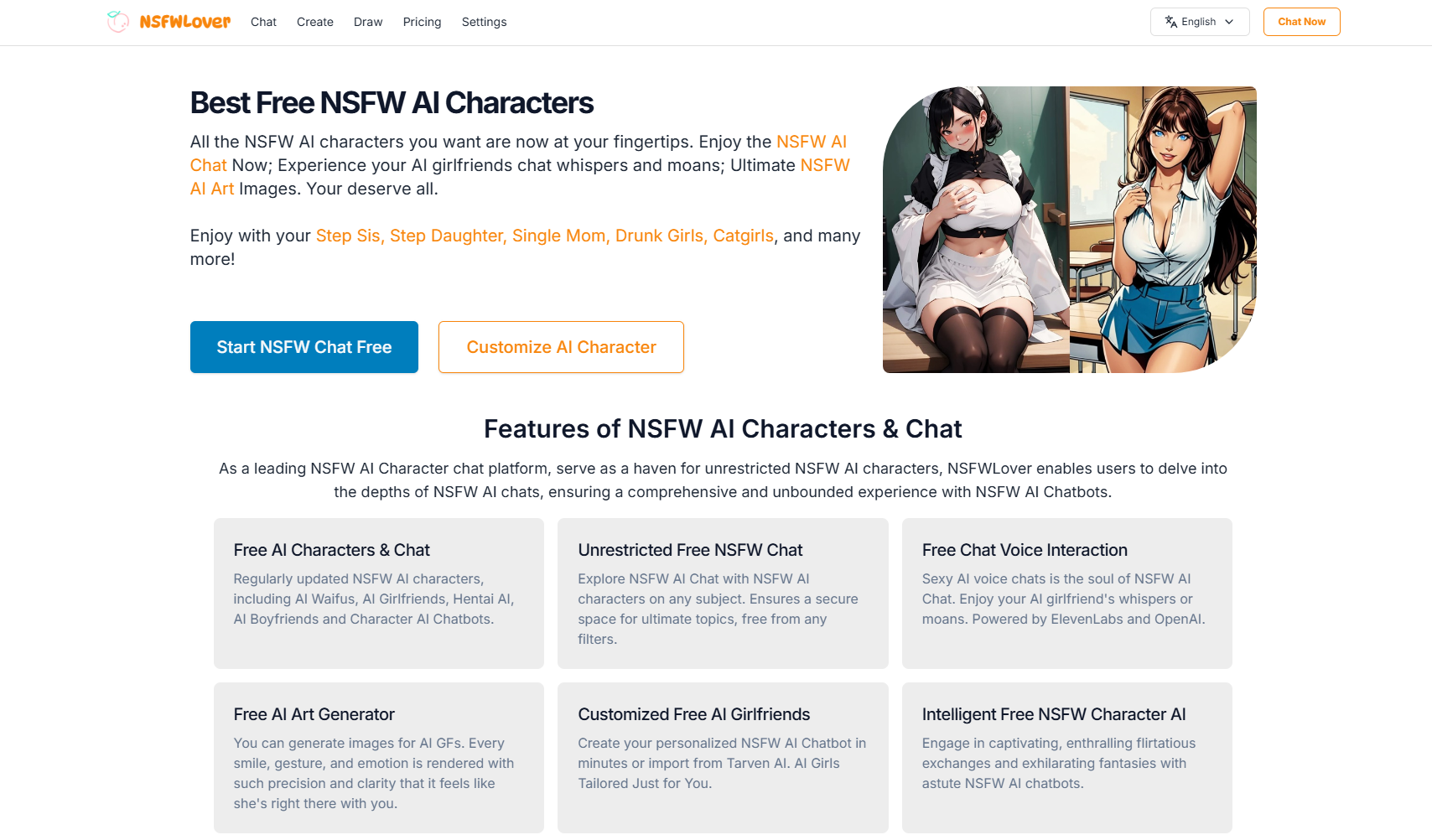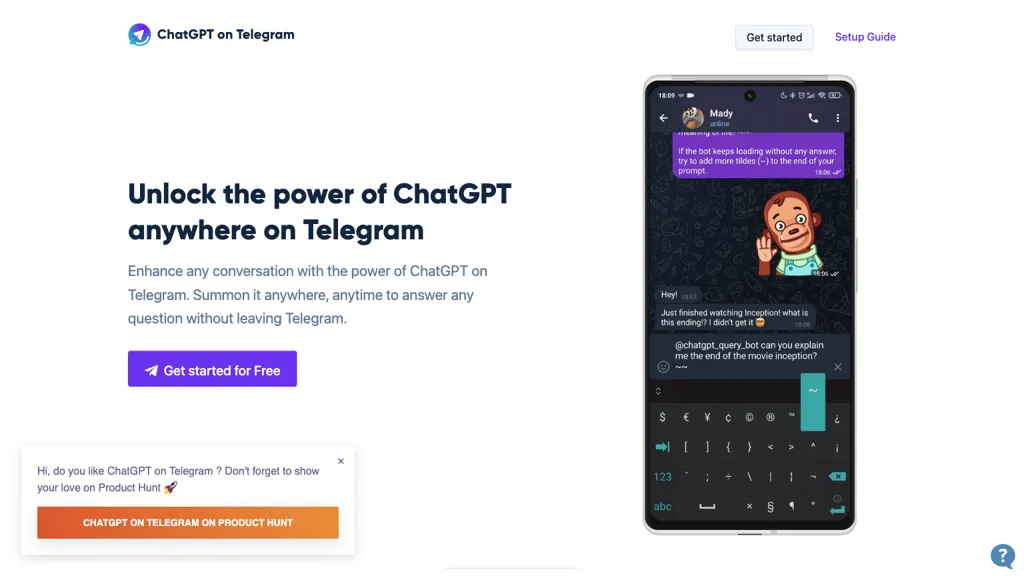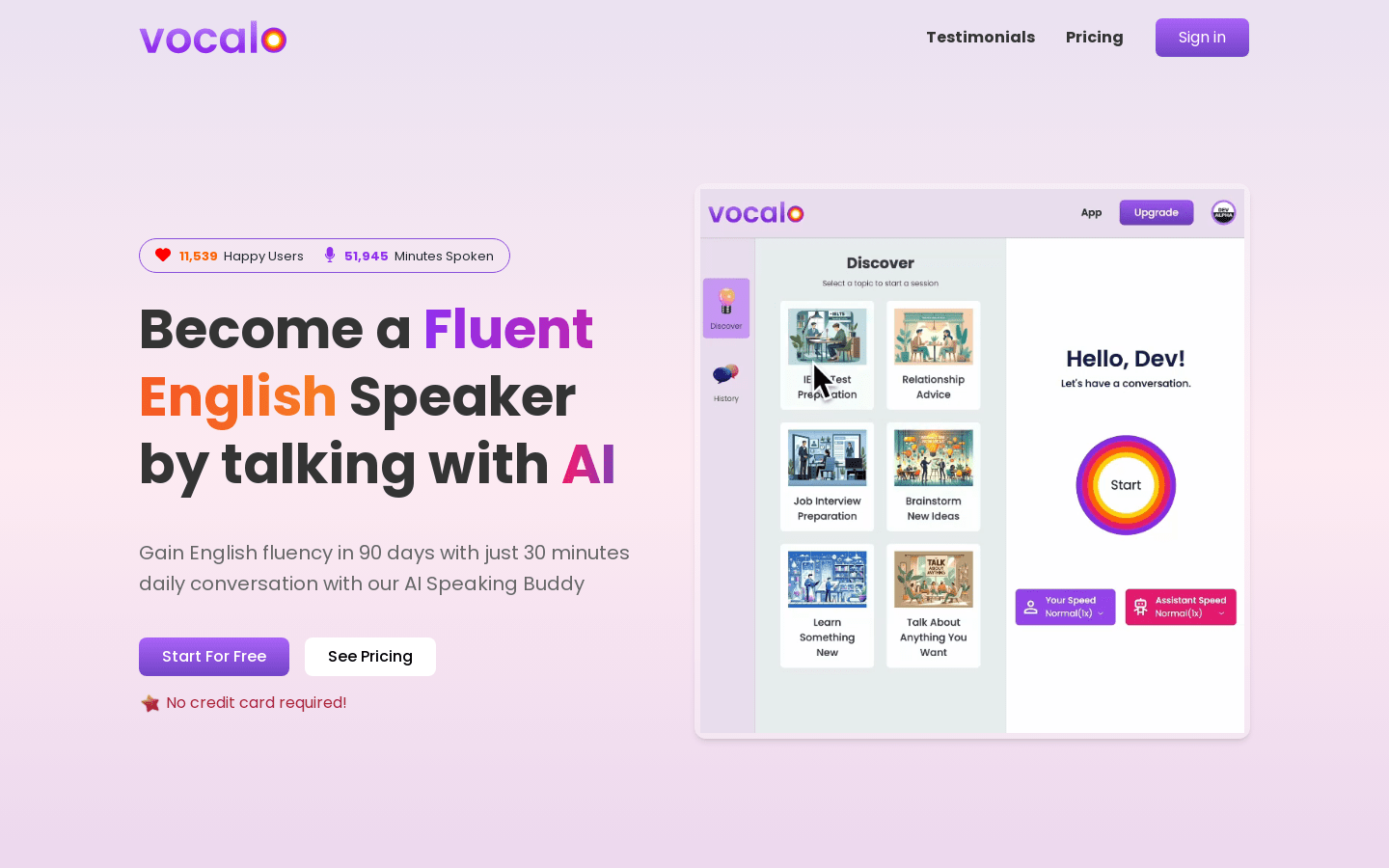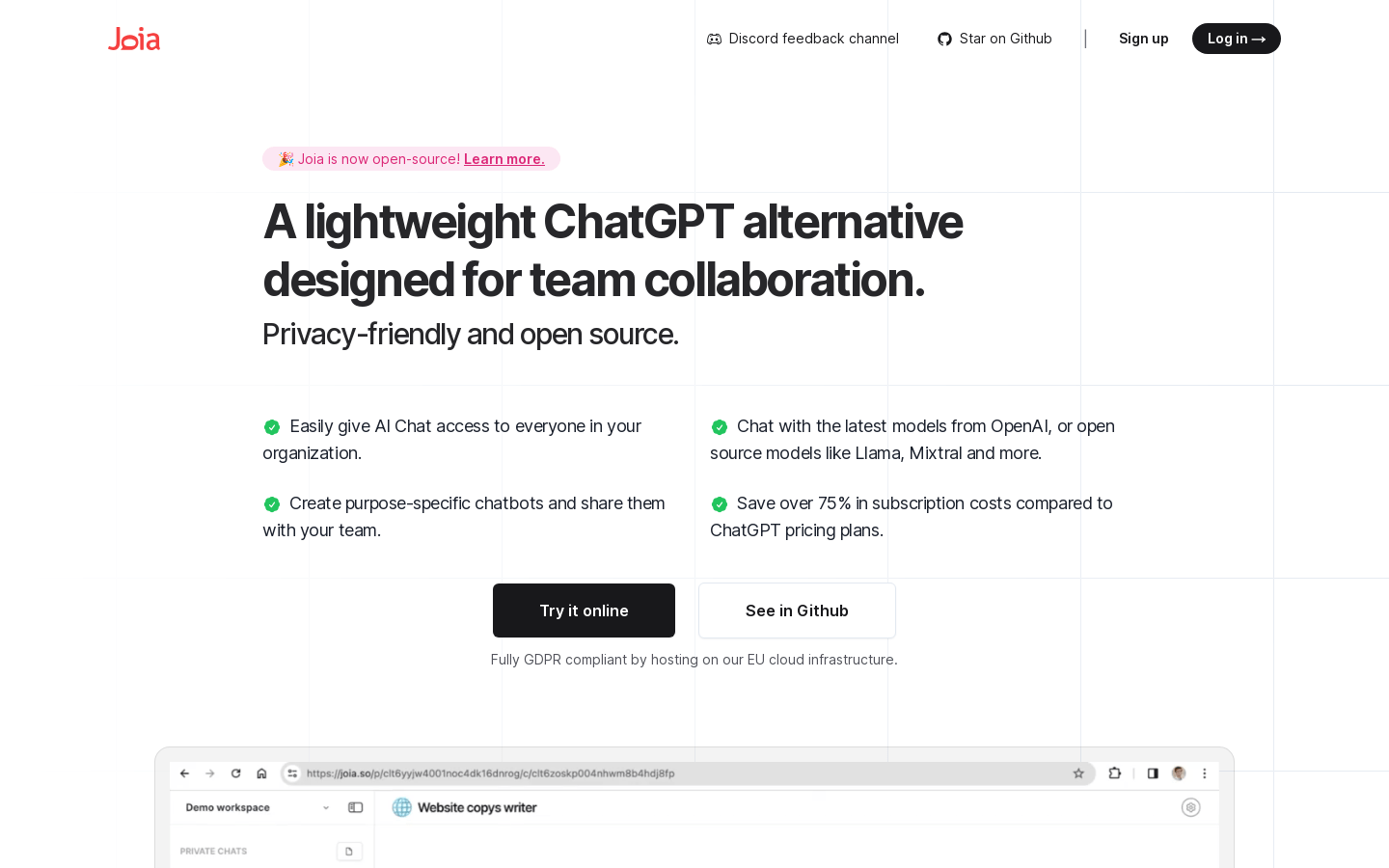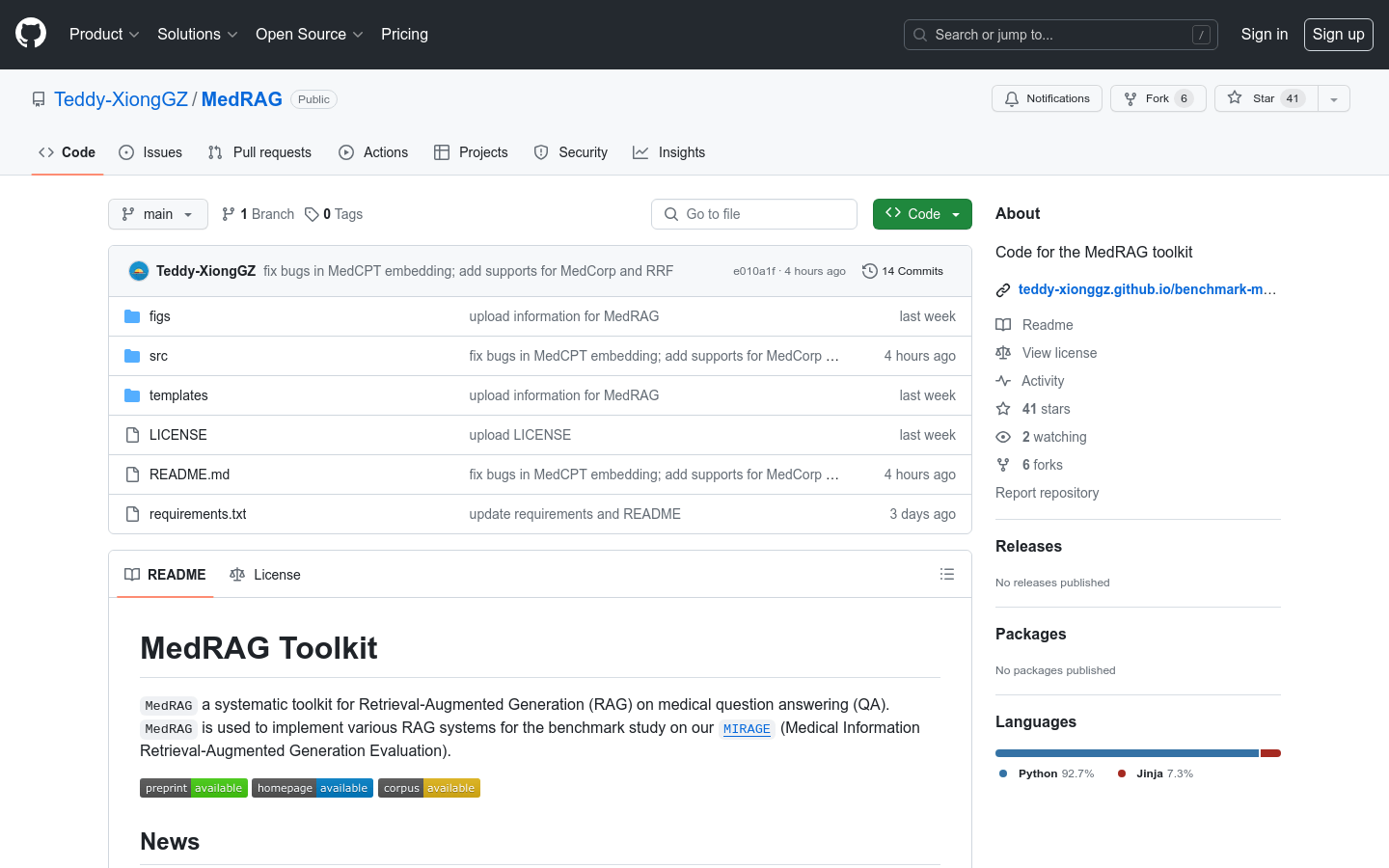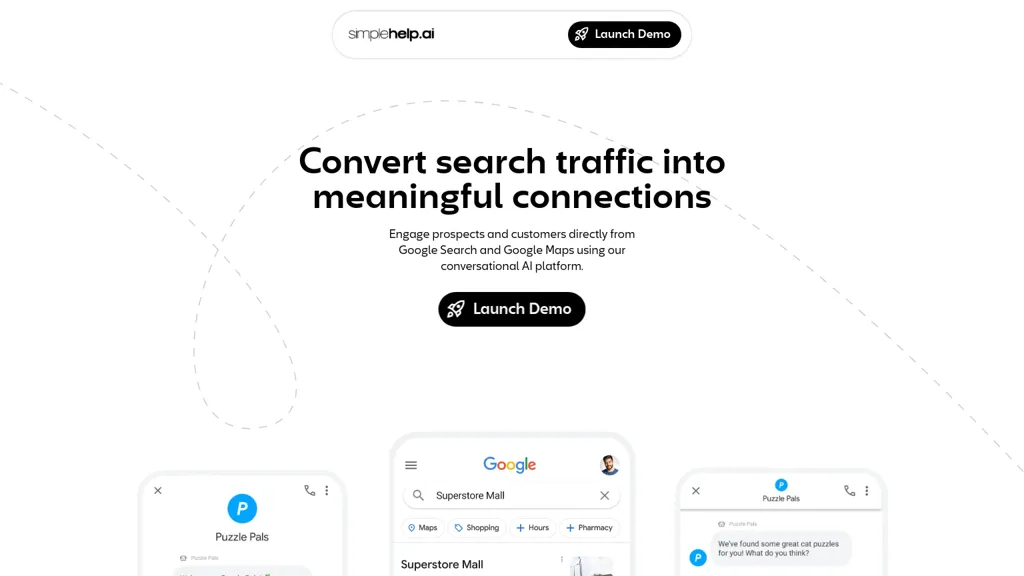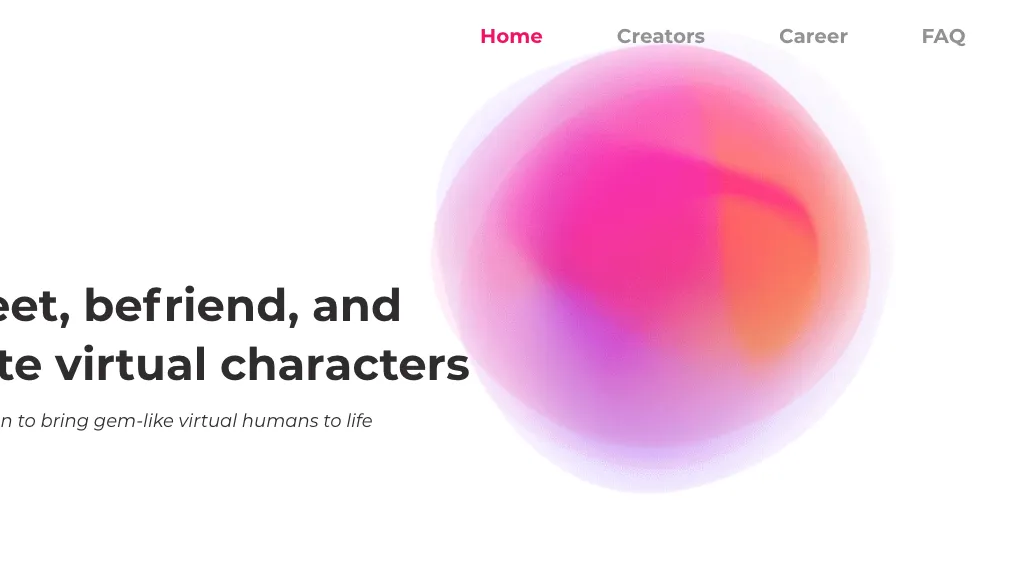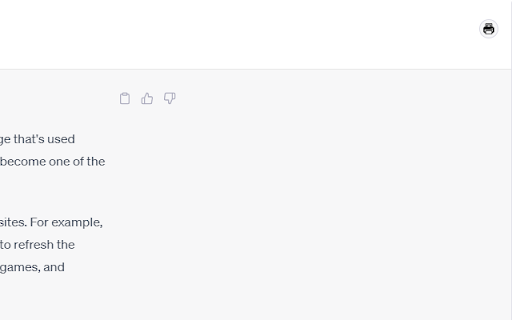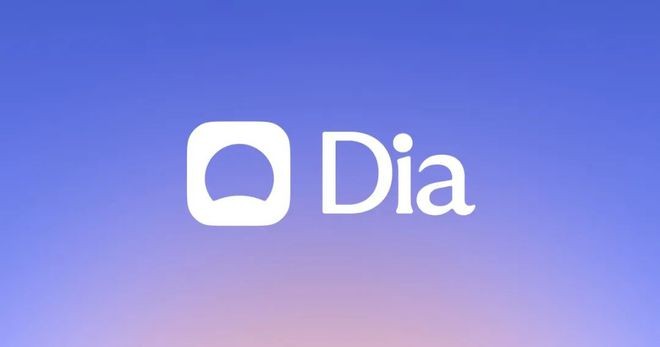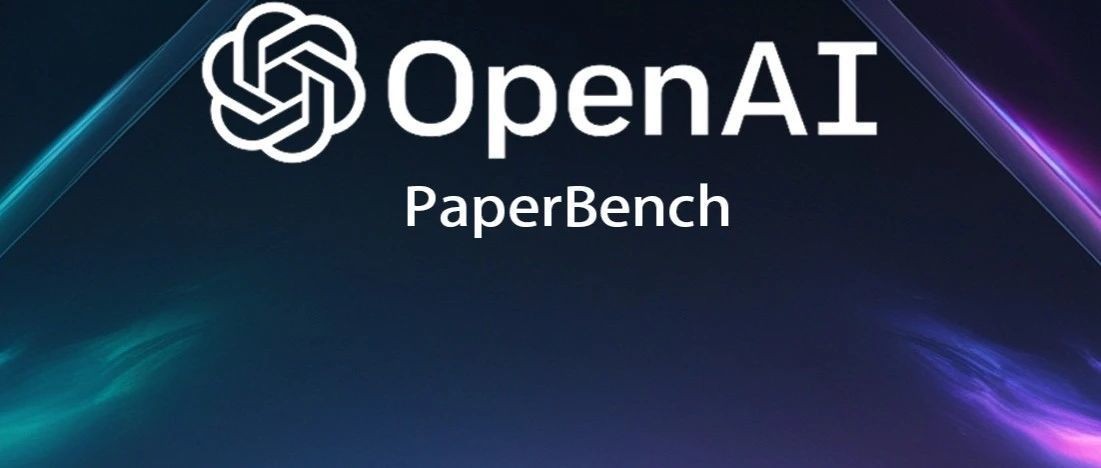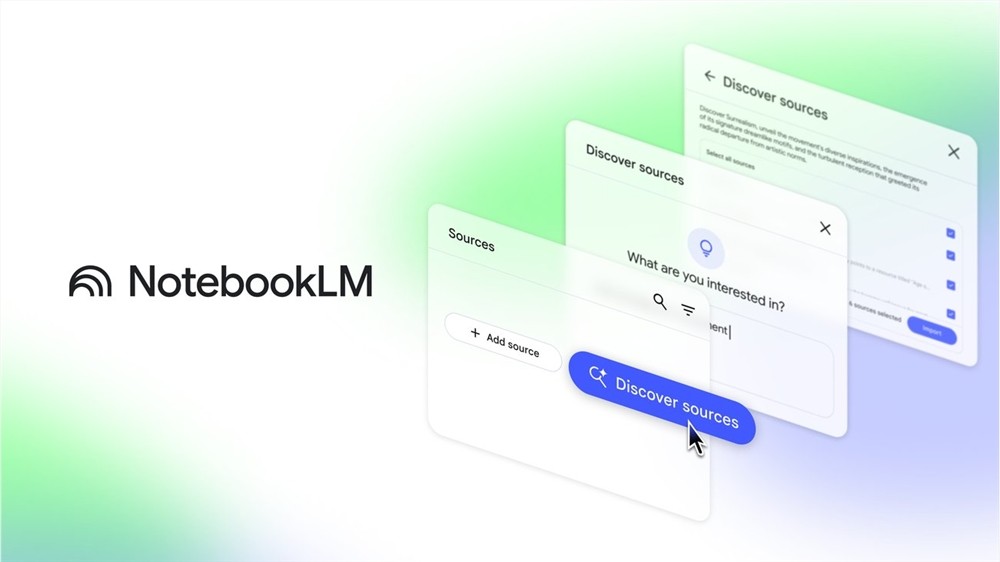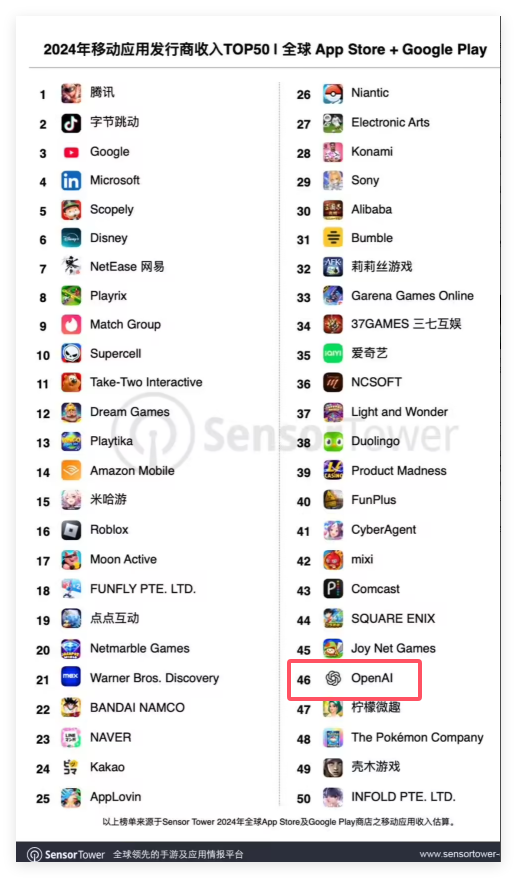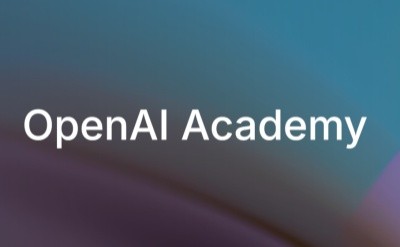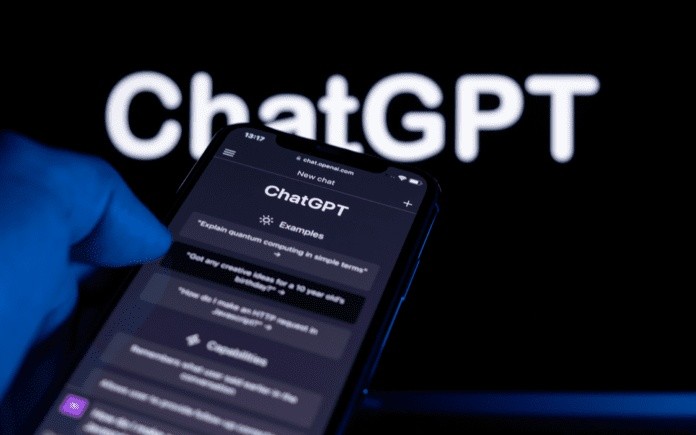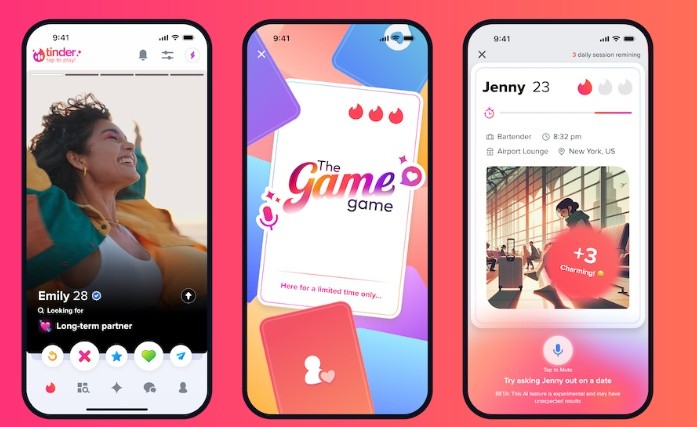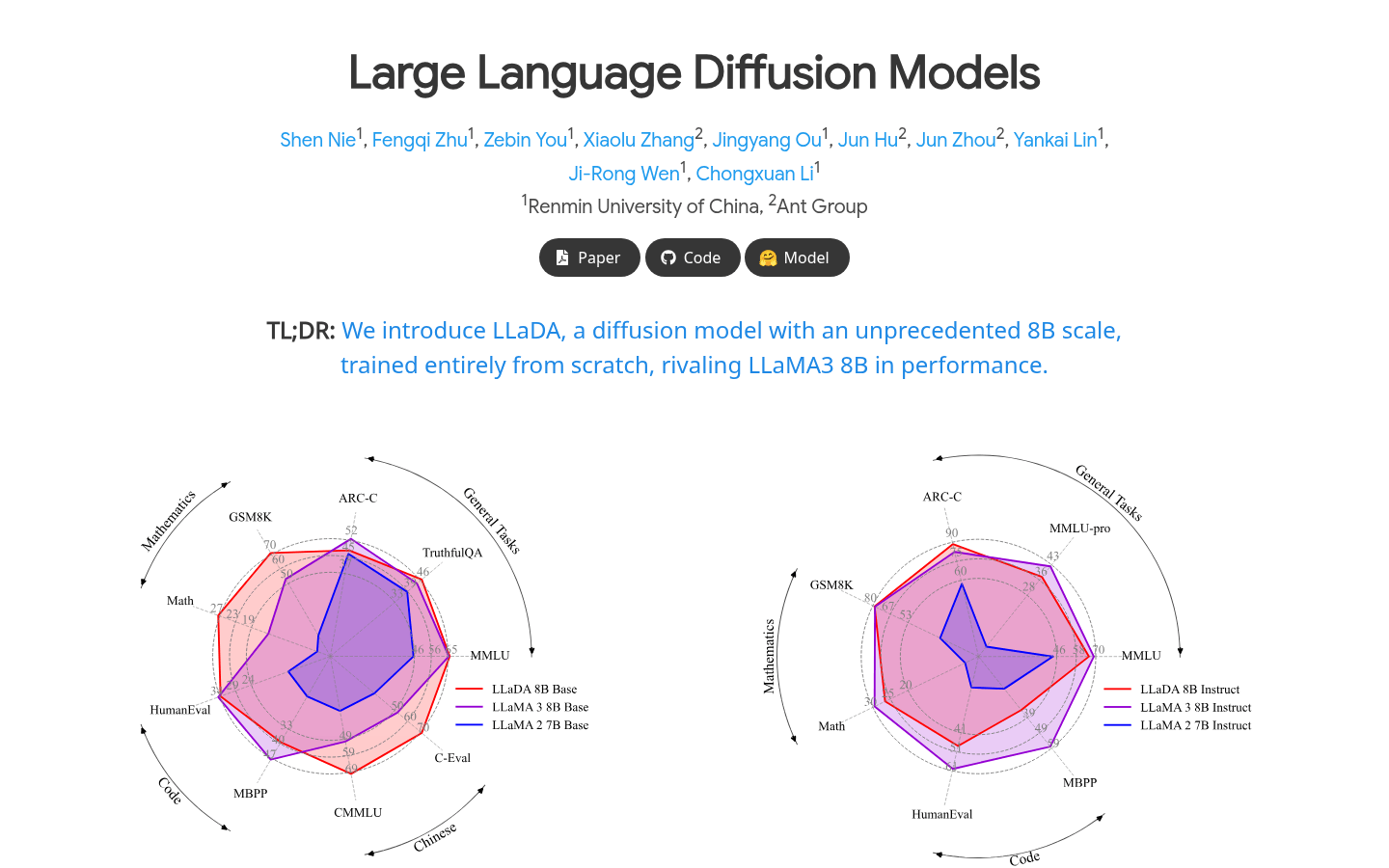
LLaDA is a new diffusion model that generates text through the diffusion process, which is different from the traditional autoregressive model. It excels in language generation scalability, instruction compliance, context learning, dialogue and compression capabilities. Developed by researchers from Renmin University of China and Ant Group, the model has a scale of 8B and is trained completely from scratch. Its main advantage is that it can flexibly generate text through the diffusion process, and supports multiple language tasks, such as mathematical problem solving, code generation, translation and multi-round dialogue. The emergence of LLaDA provides new directions for the development of language models, especially in terms of generative quality and flexibility.
Demand population:
"This model is suitable for users who need high-quality language generation, multilingual translation, programming assistance and multi-round conversations, such as researchers, developers, students and professionals. It can help users quickly generate text content, improve work efficiency, and support multiple language tasks to meet the needs of different scenarios."
Example of usage scenarios:
Mathematics Question Answer: Users ask Emma about the total distance running every week, LLaDA can accurately calculate and give the answer.
Code generation: Users request Python code sorting, LLaDA can provide the correct code implementation.
Multilingual translation: User requests English to Chinese or German, LLaDA can be translated accurately.
Multiple rounds of conversations: Users ask for the content of the poem and ask for translation, LLaDA is able to answer and provide translations in a coherent manner, and even create poems on related topics.
Product Features:
Strong language generation ability, supporting multiple language tasks
Have the ability to follow instructions and learn context, and be able to generate high-quality text based on prompts
Supports multilingual translation, including but not limited to Chinese and English
Able to generate code to help users solve programming problems
Supports multiple rounds of conversations, understands complex questions and provides coherent answers
Tutorials for use:
Visit the demo page of LLaDA or use its API interface.
Enter text or problem that needs to be processed, such as math problems, translation requests, or code generation requirements.
The model generates corresponding answers or codes based on the input.
For multiple rounds of conversations, users can ask questions continuously and the model provides coherent answers based on the context.
The user can further edit or use it based on the generated results.
